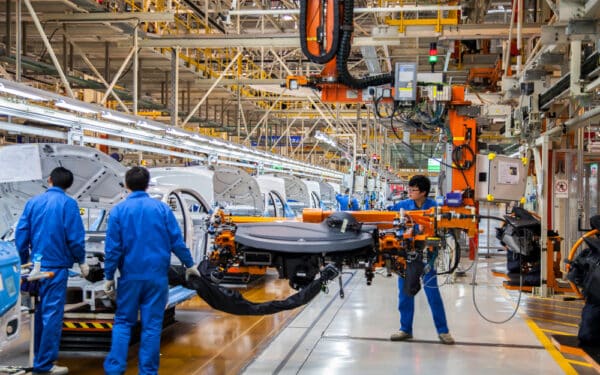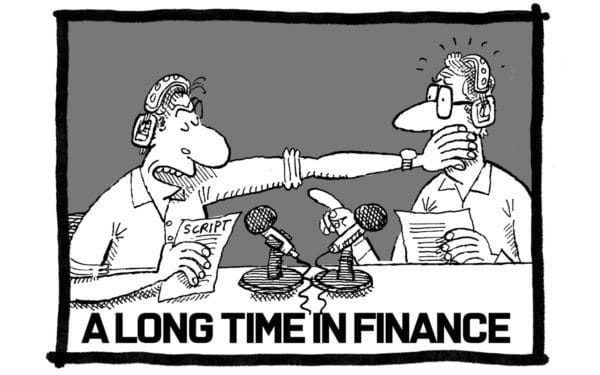Britain has a productivity problem. It is also ripe for significant transport development. Time to put the two together.
I was the first Chief of Staff at the National Infrastructure Commission. Its role is to identify national, long-term strategic infrastructure needs and then propose solutions. Crossrail 2, rail in the north, smart motorways, connectivity in the Oxford-Cambridge corridor and more were all projects that we worked on.
Across them, one fact became clear: we do not talk enough about the positive link between transport and economic growth. The relationship between the Treasury and the Department for Transport, for example, is like one between parent and child: the latter begs the former for pocket money, and the former tells the latter ‘not to spend it all at once.’
This is wrong. Many transport investments stimulate economic growth. Britain’s industrial revolution owed much to vast new systems of roads, canals and railways: between 1803 and 1821, Thomas Telford alone established 1,000 miles of road and 1,000 bridges. Crewe and Swindon at least owe their entire existence to the railways.
Later, transport was a crucial part of Abercrombie’s 1944 plan to regenerate post-WWII London. London Airport opened shortly afterwards in 1946, later renamed Heathrow Airport in 1966; today, British businesses are connected to 185 destinations in 84 countries by just this one airport.
More recently, the extension of the Jubilee Line has given rise the economic goliath of Canary Wharf and helped to transform large swathes of east London. The new Elizabeth Line in London, due to open in December 2018, will have increased property values by £5.5bn.
Progress since then, however, has been limited: HS2 has become a political football; Crossrail 2 has been put off for too long; and the underutilised north of England still lacks the rail, roads and connectivity it requires to become a true powerhouse again.
Much of the problem lies in communication gaps. Private investors have the cash, but lack the long-term commitment from government that expensive projects require. Within Whitehall, the Treasury rightly sees their job as holding on to the purse strings, but only evaluates projects in terms of immediate costs and benefits. The Department for Transport, Network Rail, Highways England and Transport for London are understandably consumed with fulfilling pre-existing commitments and getting enough money to balance their books. Meanwhile, on the delivery side, those in the rail, road, airspace, and housing industries tend not to talk to each other.
Three steps should be taken.
First, the Treasury should update its ‘Green Book’ – the guidance its civil servants follow to appraise and evaluate projects – to include the wider economic benefits that transport projects bring. Will new homes be built around stations? How might shorter commutes help the unemployed back into work? Could waterways also prove to be a tourist attraction? Recent Chancellors of both parties have made positive steps in this direction; it is time to formalise it.
Second, proponents of projects must start to speak ‘Economese.’ Expressing the returns on investment in terms of speed, capacity and connectivity is good; but expressing them in terms of pounds made, jobs created and productivity boosted is better. If the architects of HS2 and its investors had spoken in this language much sooner, the project might well have been less contentious and less costly.
Third, every transport project should be one part of a wider development scheme. If we marry a new stretch of rail with homes, office space, shops, and public services like schools and hospitals, the value of that new track is multiplied. The Woolwich Arsenal station is a good example: when the DLR was extended to it in 2009, new high street chains opened branches and homes were built. With Crossrail, the area will soon possess 394 new much-needed houses, at least three new shops and bike parking.
Against the economic headwinds of Brexit, a slowdown in the housing market and limited wage growth, Britain needs ways to boost productivity. If we get it right, transport might provide an answer.
Benjamin Clayton is a Fellow at Harvard’s Kennedy School of Government. He was previously Chief of Staff at the British Government’s National Infrastructure Commission.



